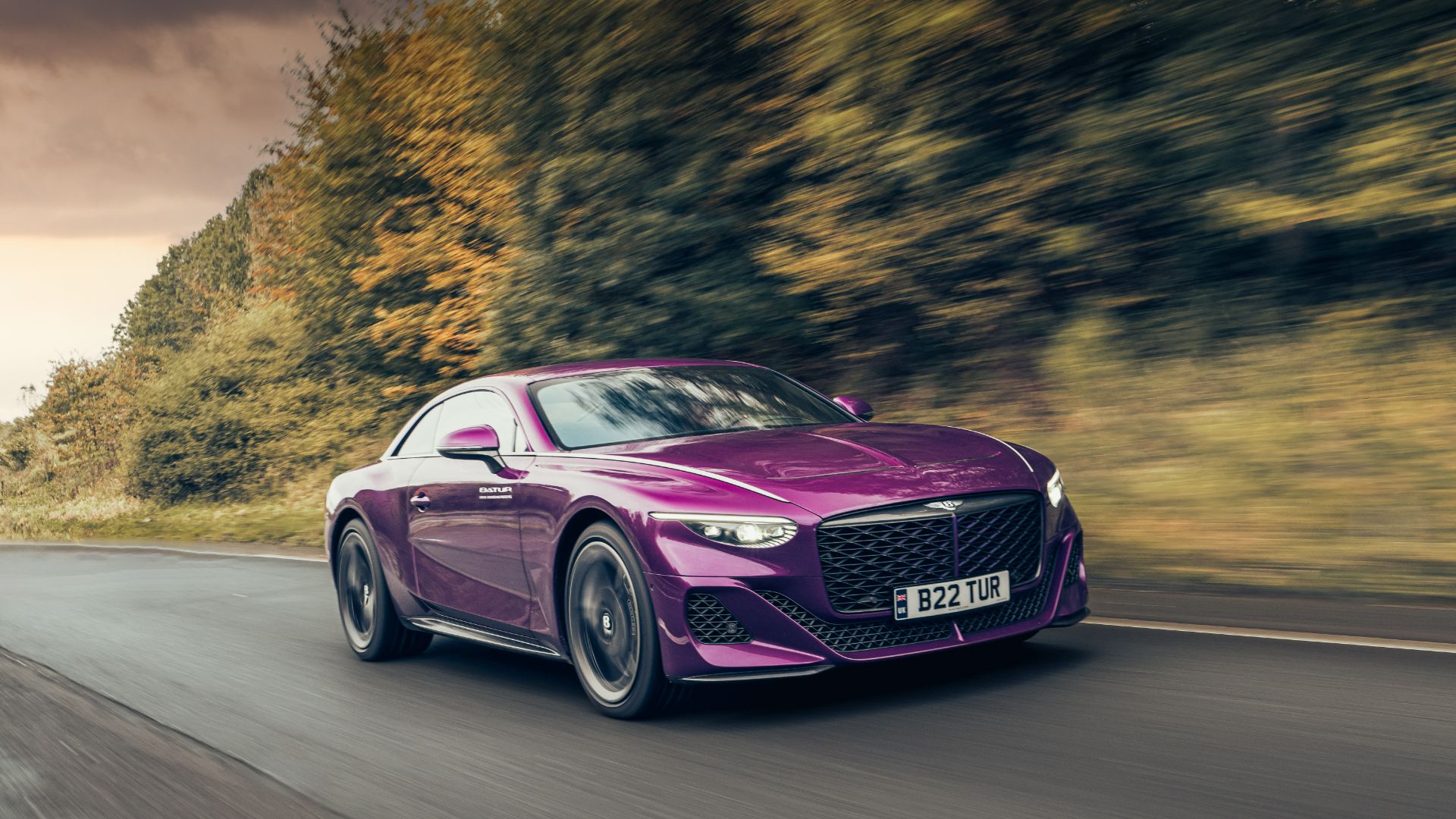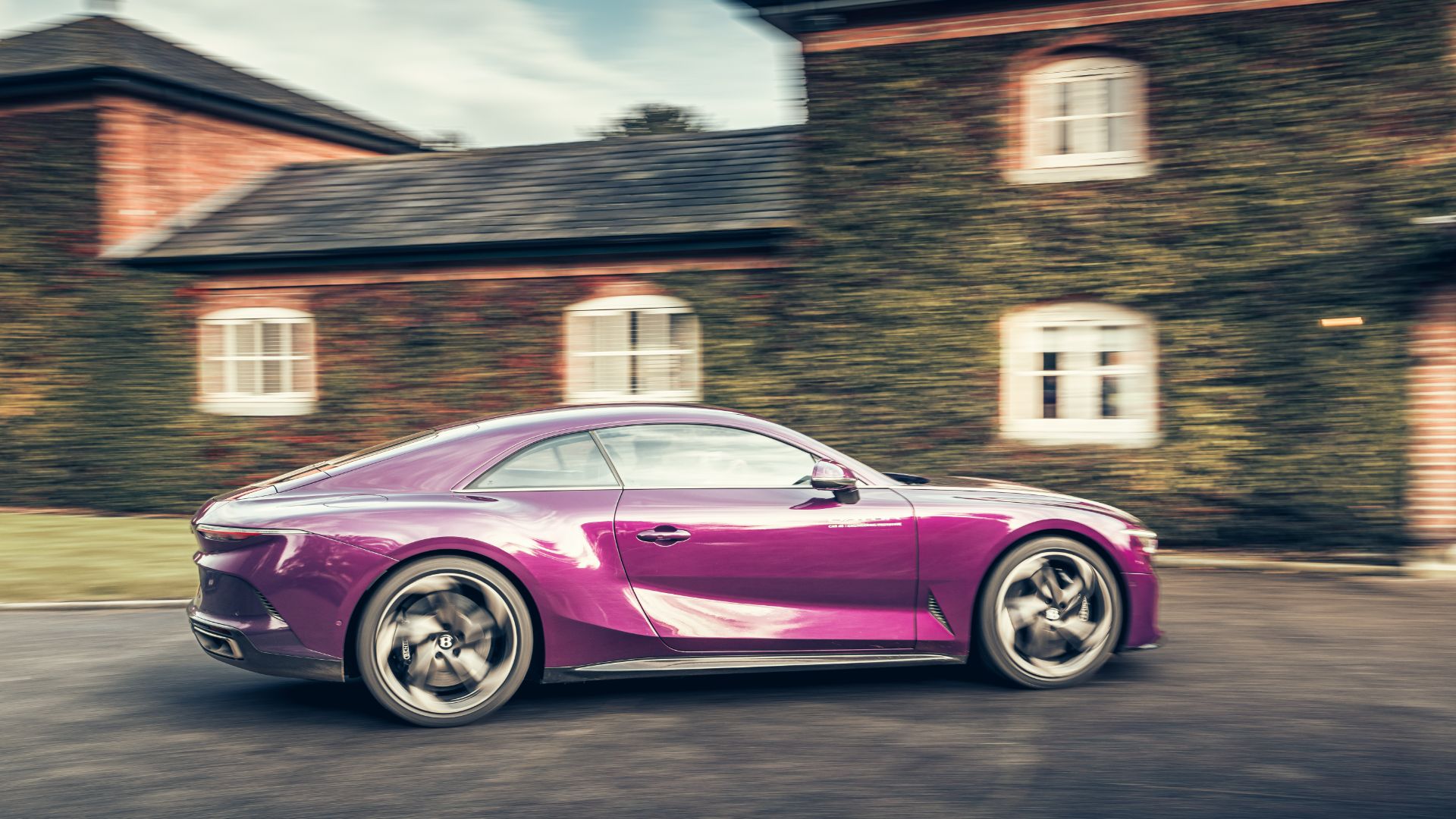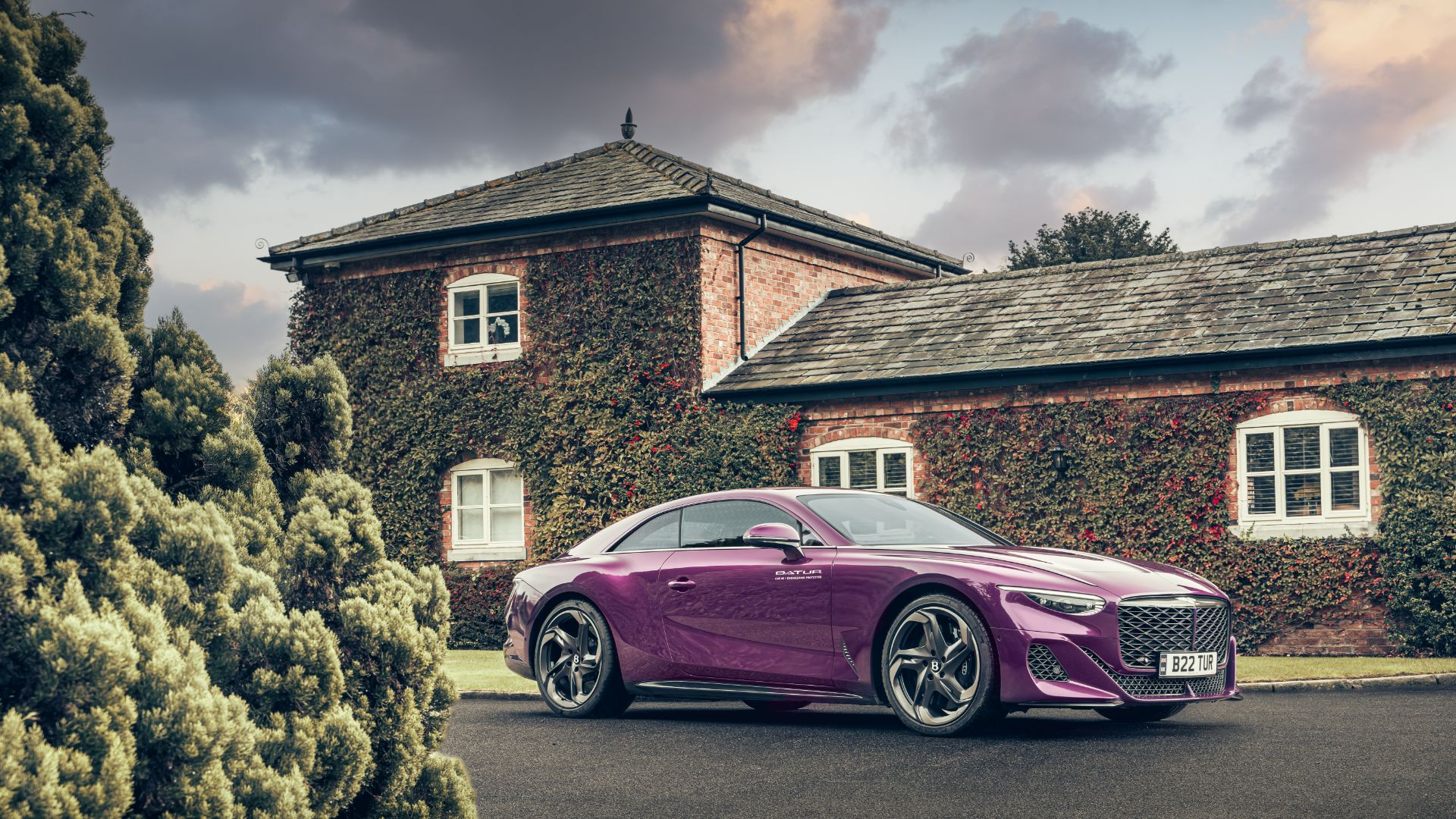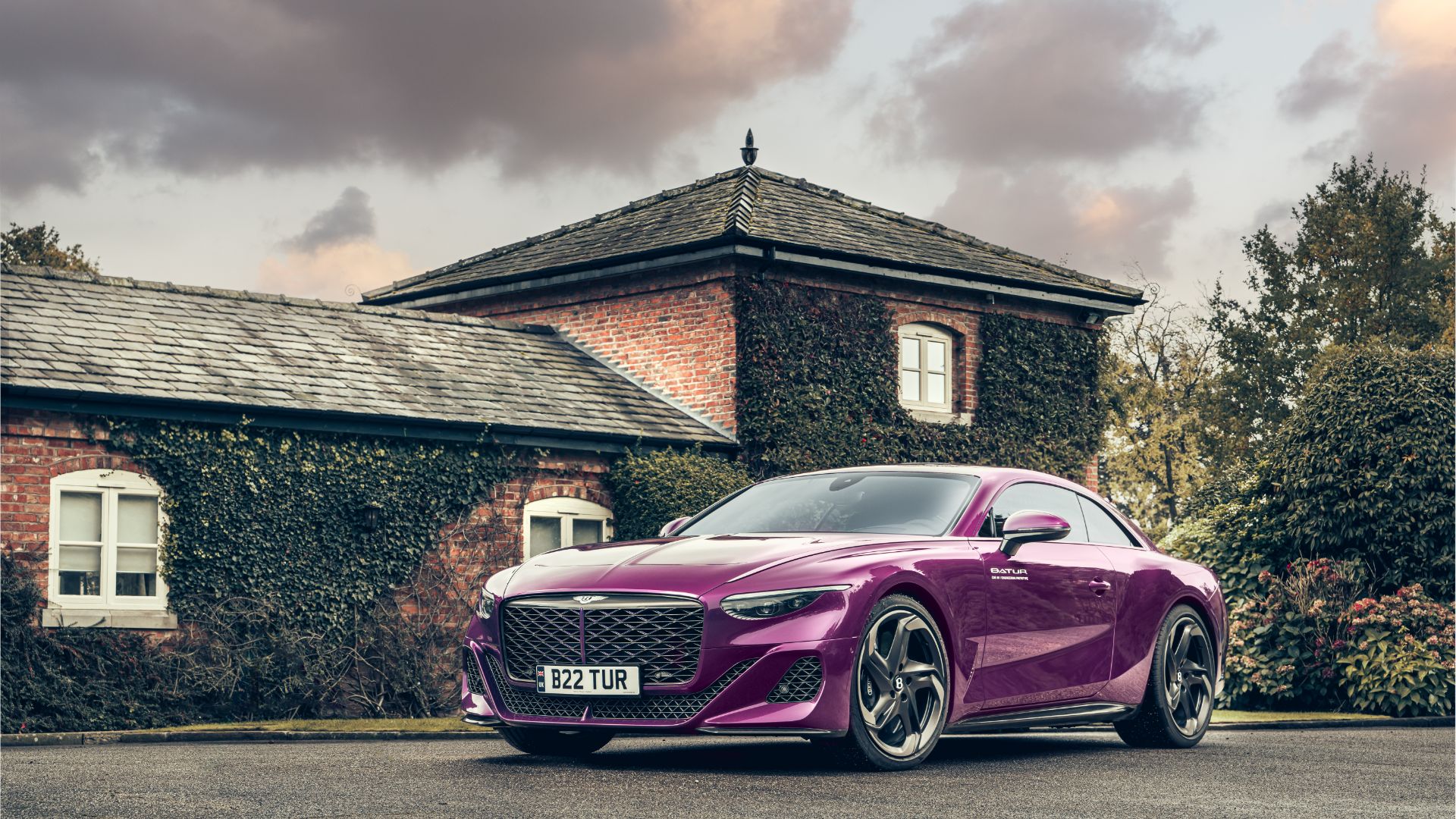Mulliner is the oldest coachbuilding company in the world. Originally based in Northampton, in 1760 it was contracted to build stagecoaches for the Royal Mail. The business then moved to glamorous Mayfair in London, turning its talents to luxurious carriages for Victorian aristocrats – and from 1923 onwards, to custom-bodied Bentleys.
Mulliner was swallowed up by Bentley in 1959, relocating again to Crewe. Today, 40 percent of Bentleys receive some level of Mulliner personalisation, with an average additional spend of £24,300 per car. Design manager Phill Dean explains: “The process of commissioning a Bentley can go on late into the night, sometimes accompanied by a cigar or two. We are only limited by things we physically can’t make – or that are illegal.”
Much of this work involves “unlimited configurations” of paint and interior trim, but Mulliner has also returned to its coachbuilding roots. One of its first projects was the imposing Bentley State Limousine, used for official engagements by Queen Elizabeth II. More recently, we’ve seen the Bacalar and Batur: two hand-crafted cars based on the Continental GT.
Sign on the dotted line
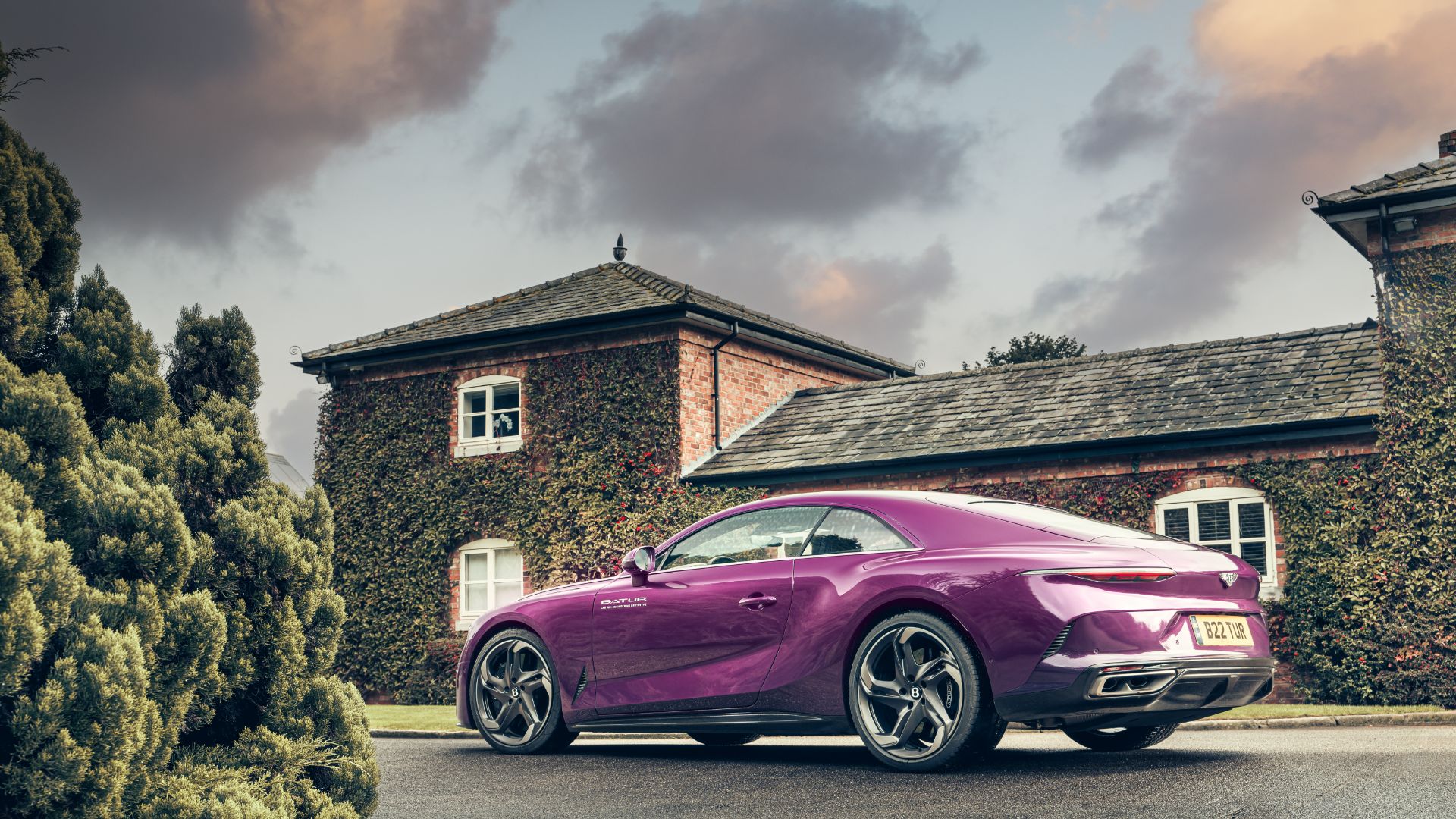
Those numbers make for the most powerful, most expensive production Bentley ever, although ‘production’ is a relative term when you’re talking about 18 cars, each one unique and doubtless designed over several long nights and many Montecristos.
This particular Batur is the experimental engineering prototype, which probably makes it worth closer to £3 million. An insurance disclaimer is pushed under my nose. “Just sign this and you can get going.” Gulp.
The Batur’s styling was inspired by the 1952 R Type Continental – one of the most beautiful Bentleys – yet it looks strikingly modern in the metal (or more accurately, carbon fibre). My eyes are drawn to the jutting grille and ridged bonnet, then the muscular haunches that wrap around into slim LED tail lamps. Its profile is recognisably that of a Continental GT, but every body panel is bespoke.
Going for gold
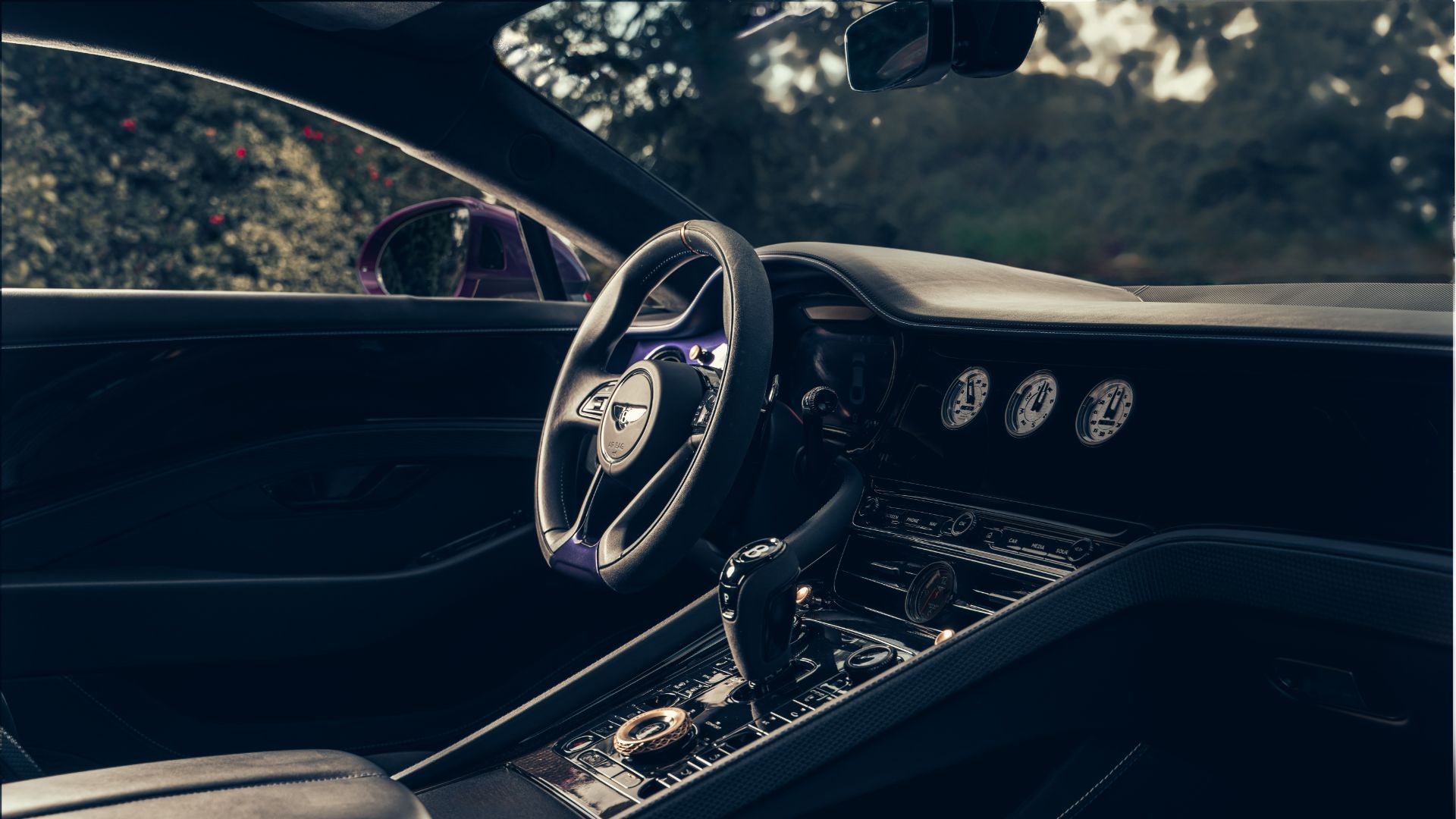
The interior also gets the Mulliner treatment, with Batur-specific instruments and door panels, plus body-hugging front buckets and a storage shelf instead of rear seats.
In ‘my’ car, the air vent organ stops, drive mode dial and steering wheel centre marker are all made from hallmarked, 18-carat gold: yours for an extra £20,000. Sir or Madam can also spend £50,000 on a 20-speaker Naim audio system. In for a penny…
Unlike a Continental GT, the Batur defaults to Sport mode when you start it. Exhaling through a titanium Akrapovic exhaust, the 6.0-litre twin-turbo W12 sounds sharper and more urgent, with a wicked crackle on the overrun. Yet even this ultimate evolution of Bentley’s 12-cylinder engine – which dies in April next year – can’t match the aural character of the smaller V8.
I like to mauve it
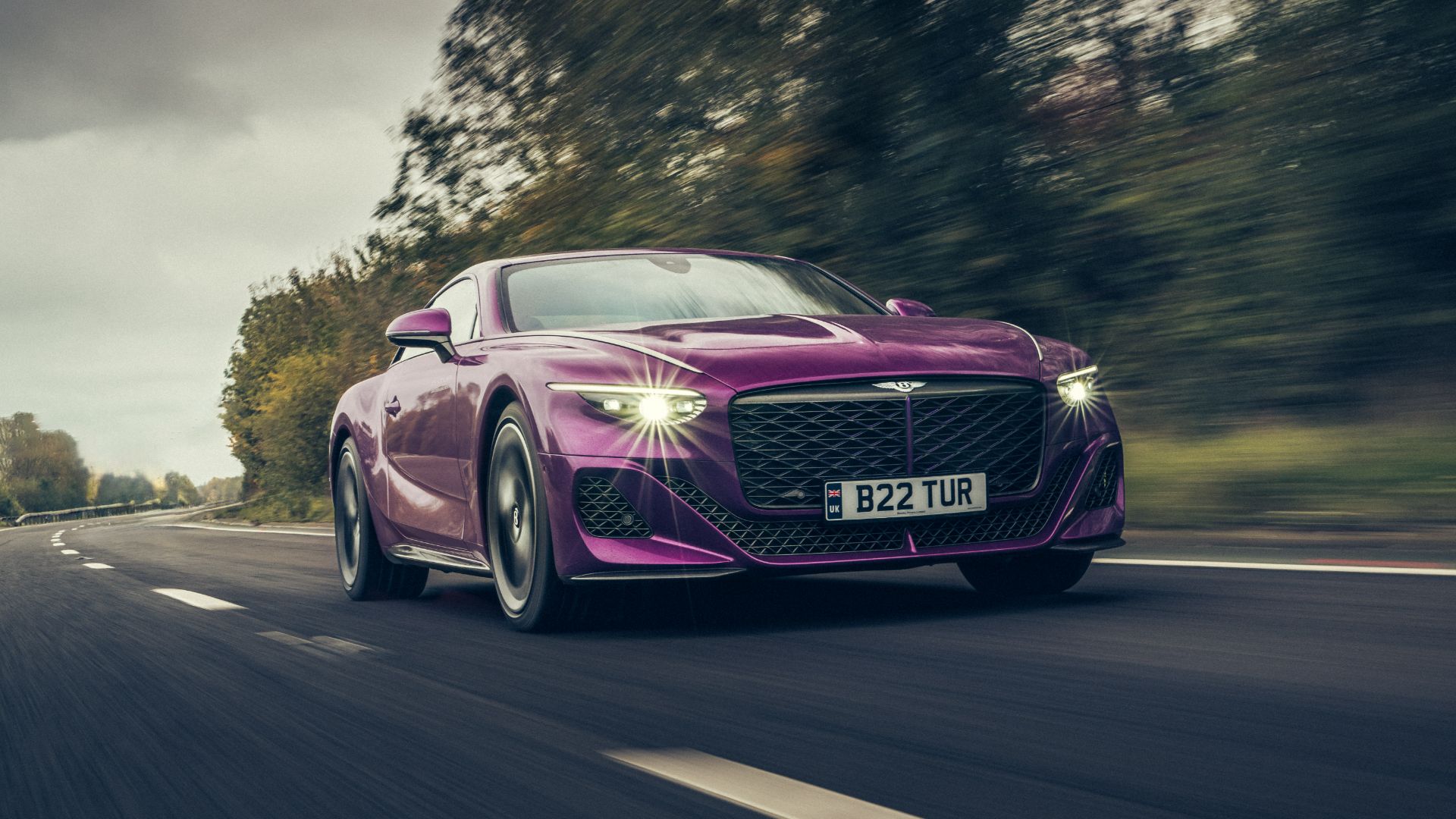
Seven hundred and 40 horses sure is potent, though. And a titanic 737lb ft of torque, available from 1,750rpm to 5,000rpm, ensures the Batur is never caught off-guard. Whatever the road conditions, whichever of the eight automatic gears you happen to be using, it can waft effortlessly in the proper Bentley manner, or pile on speed with supercar intensity.
You never fully escape a kerb weight of 2,233kg, of course, but I can imagine few better cars for a road-trip across Europe – provided you can stomach the fuel bills. Which if you can stretch to £2 million, you clearly can.
Is it worth the money? Think of the Batur as a hand-made piece of automotive art and maybe so. I’ll have mine in purple, please.
ALSO READ:
This Bentley Blower scale replica is road legal and electric!
10 things you didn’t know about Bentley
